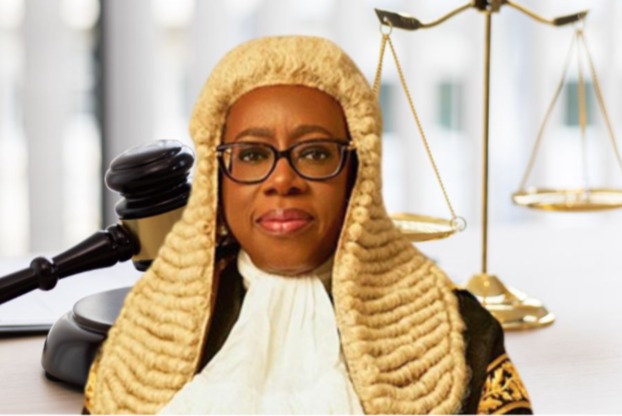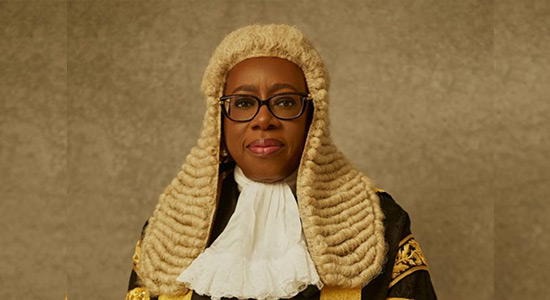ABUJA– The National Judicial Council, NJC, has debunked the report that the Chief Justice of Nigeria, CJN, Justice Kudirat Kekere-Ekun, ordered the immediate release and repatriation of the detained leader of the Indigenous People of Biafra, IPOB, Nnamdi Kanu, back to Kenya. The council, in a statement made available to newsmen on Thursday, described the …

